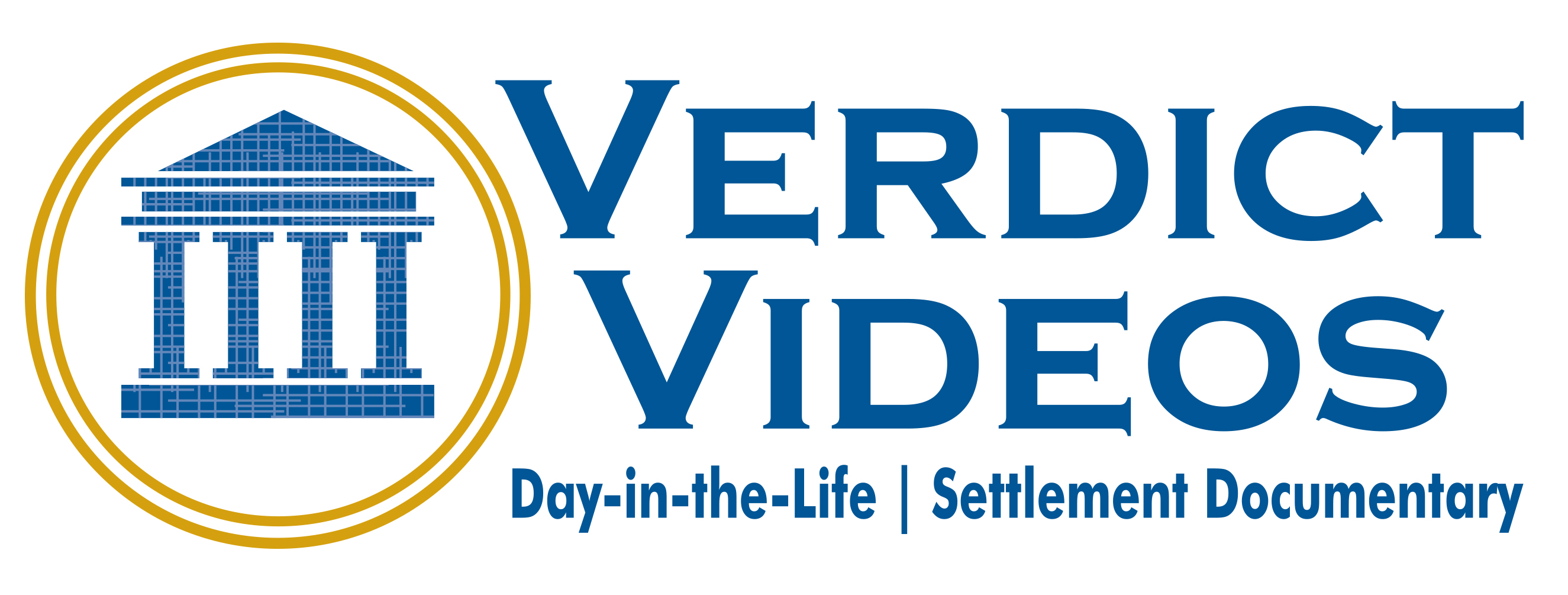Gross or even subtle exaggerations may cause opposing counsel to view the video presentation with suspicion and not take the demand seriously. Overstating or overdramatizing events can reflect poorly on the entire mediation process and cast reservations about the validity of the case. Thus, it is important to make sure that your video presentation company is experienced in producing legal videos, as opposed to depositions or mere television productions. Even experienced companies have different styles, so ask for a sample of their work product to see their general production style. Regardless of the type of case the sample covers, poor production quality – bad lighting, distorted audio, distracting camera angles, poor attention to details, or overly dramatic techniques – will often become readily apparent.
On the other side of the pendulum, presentations that lack compassion or understate the emotional impact of the case may do a disservice to the plaintiff as much as gilding the lily. Broadcast journalists and deposition videographers hawk their wares for producing legal videos, but they often lack the narrative skills and patience of a long-form documentary filmmaker. A newscast style video presentation may not garner the sympathy or compassion the plaintiff deserves and therefore may not elicit a compulsion to settle the case. Again, this is where doing your homework and reviewing video samples before hiring your legal-video production company will serve you and your client well.
A properly-constructed settlement video will balance the factual and emotional facets of the case. The documentary will faithfully portray the extent of the damages without heroics, and hold true the emotional expressions of the participants. It will not stage or exaggerate events for the sake of dramatics. Remember, the sole purpose of the settlement documentary is to persuade the opposing parties it is in their best interest to settle the case instead of proceeding to a jury trial. Dabbling in deception may reduce that probability.

